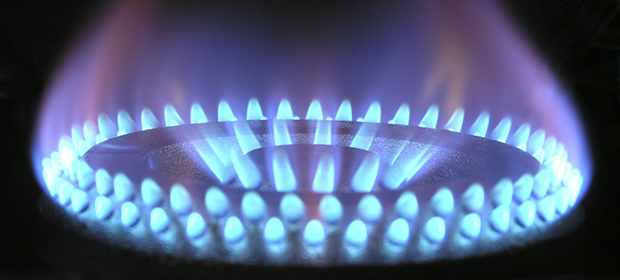As part of the government’s initiative to help ease the financial consequences of the cost-of-living crisis, the proposed £200 energy bill rebate (which households were required to pay back within 5 years) has now been upgraded to a £400 discount, which doesn’t need to be repaid.
The discount has sparked a rather heated debate within the rental sector as it’s unclear how landlords and tenants will fare, especially tenants with prepayment meters or those in a house of multiple occupation. Many renters, according to Shelter’s Chief Executive Polly Neate, will be “at the mercy of their landlord” when it comes to receiving the £400 energy grant.
In addition, many landlords are finding themselves in a financially difficult situation as they’re unable to quickly respond to rising energy prices and are therefore finding themselves out of pocket. So it’s not always a black & white situation for everyone when it comes to divvying up the grant.
Who Is Eligible For The Grant?
Every household is eligible for the grant, but not every person. The person who pays the bill will be the one to benefit. This can cause difficulty and confusion within the rental sector, as whether landlords or tenants receive the grant will depend on who pays the energy supplier directly. Tenants who don’t pay their bill directly to their energy supplier, such as those who have a prepayment meter or live in a house of multiple occupation, are likely to find themselves paying the increased energy costs without benefitting from the grant. In these situations the grant will consequently fall to the landlord as they’re the one to pay the supplier directly.
Should Landlords Redistribute The Grant To Their Tenants?
At the moment there is no set guidance on if and how the grant should be redistributed to tenants, but the National Residential Landlords Association’s director of policy, Chris Norris, has reminded the sector that: “Landlords who are resellers of energy are not allowed to make a profit on that resale – they can be taken to the small claims court if they do”, so it’s important that landlords find a fair way of distributing the money.
There are various ways that this could be done, depending on each landlord’s individual circumstances. Options include working out the percentage of the total bill that each tenant pays and then splitting the grant by that same percentage, by reducing the rent slightly to take the grant into account, or by offering vouchers for pre-payment meters if the property has these.
However, the decision to redistribute the grant back to tenants isn’t always straightforward. For landlords who include energy bills within the rent price or those with prepay meter rates based on outdated energy prices are likely to find themselves already out of pocket due to being restricted on when and how they can adjust rent prices to accommodate the significant rise in energy prices. In these circumstances it’s understandable why many landlords feel reluctant to redistribute the grant.
Where Can I Seek Help Regarding The Distribution Of The Grant?
You may wish to seek advice from your accountant regarding your concerns over the redistribution of the grant, especially in the situations outlined above. Your accountant will talk you through the process, offer recommendations and outline the most cost-effective way of redistributing the grant back to your tenants, all specific to your requirements, your circumstances and your portfolio. For more information, contact one of our experienced accountants who will be more than happy to help. And if you’re new to Warr & Co, be sure to take advantage of our free initial consultation too!
Warr & Co offers landlord accounting and advice so feel free to get in-touch.

 © 2019 Warr & Co Chartered Accountants. Warr & Co Chartered Accountants is a member of The Institute of Chartered Accountants in England & Wales (ICAEW). Whilst the information detailed here is updated regularly to ensure it remains factually correct, it does not in any way constitute specific advice and no responsibility shall be accepted for any actions taken directly as a consequence of reading it. If you would like to discuss any of the points raised and / or engage our services in providing advice specific to your personal circumstances, please feel free to contact any one of the partners on 0161 477 6789 or contact us via our website forms. Warr & Co Chartered Accountants are registered to carry our audit work in the UK, our audit registration number is C002961684, for more information please visit www.auditregister.org.uk.
© 2019 Warr & Co Chartered Accountants. Warr & Co Chartered Accountants is a member of The Institute of Chartered Accountants in England & Wales (ICAEW). Whilst the information detailed here is updated regularly to ensure it remains factually correct, it does not in any way constitute specific advice and no responsibility shall be accepted for any actions taken directly as a consequence of reading it. If you would like to discuss any of the points raised and / or engage our services in providing advice specific to your personal circumstances, please feel free to contact any one of the partners on 0161 477 6789 or contact us via our website forms. Warr & Co Chartered Accountants are registered to carry our audit work in the UK, our audit registration number is C002961684, for more information please visit www.auditregister.org.uk.